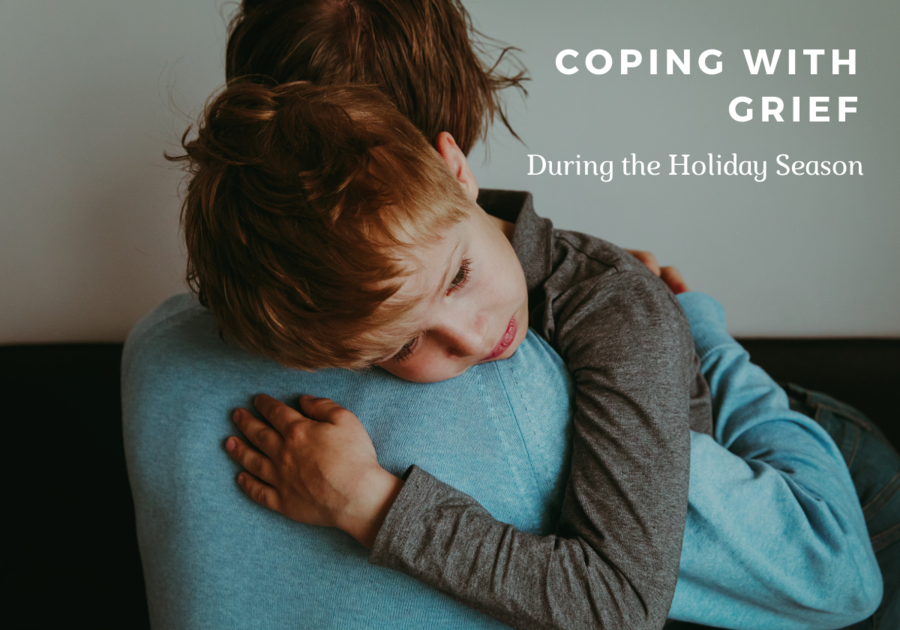Grief affects so many of us during the holiday season. For me, that pain of grief is especially sharp this December.
That's because this is my first holiday season since losing my mother. Her death rocked my world and flipped it upside down.
She was my best friend. We spoke every day. I always knew the day would come when she would leave and life after would be difficult. But I certainly wasn't prepared for just how hard it really has been.
I debated whether I could avoid the holidays altogether, or if I had to suffer through and just carry on, as I know she would want me to do.
But I have young children. So avoiding the holidays altogether is impossible, and trying to soldier through with no joy -- well, that just isn't fair to them.
It makes me feel better to know I'm not alone in this struggle.
Anthony Komaroff, a professor at Harvard Medical School and senior physician at Brigham and Women's Hospital in Boston, wrote about how he dealt with the loss of his father.
"Grief is not a tidy, orderly process, and there is no right way to grieve. Every person — and every family — does it differently," he wrote for Harvard Medical School's Health Letter. "This can cause emotions to collide and overlap, especially during the holiday season when the emphasis is on rebirth and renewal."
After doing some research and talking with others who have experienced loss, I've put together a plan for getting through the rest of the season without my mom:
Continue to include her in the celebration.
I’ll be decorating our tree this year with my mom's favorite color — red — and will be including all the handmade ornaments she’s created over the years as a way of remembering her. My kids and I are also looking forward to a baking day during which we'll use my mom's recipes.
Donate in her memory.
Since we won’t be giving her gifts, we plan to buy a gift to donate in her memory. Dr. Komaroff says he wishes he'd done this after his father's death.
"It may also help to volunteer through a charitable or religious organization. Make a donation to a favorite cause in memory of the person who died," he wrote. "In retrospect, I wish I had done this during that sad holiday."
Share memories and keep traditions.
I look forward to sharing stories with my kids from when I was young and how many of the traditions we celebrate today I started with my mom so many years ago.
Cry.
I plan to cry. A LOT. One thing I've learned since her death is that my tears are OK. Some people might not understand that or think so — and that’s fine. The people closest to me do, and that is what matters most.
Dr. Komaroff seems to understand that too.
"The grieving process doesn’t neatly conclude at the six-month or one-year mark. Depending on the strength of the bond that was broken, grief can be life-long," he wrote. "Nevertheless, grief does usually soften and change over time. With time, the holidays will become easier to handle."
I know my grief will be lifelong, but I hope that one day it won't be as knife-sharp. I've found it helpful to know I'm not alone in how I feel over the holidays, and I hope that if you're suffering from grief, you know you're not alone in your pain either
Don't be afraid to reach out if you're feeling overwhelmed by grief this holiday season.
Find a grief counselor near you.
Written by: Kayla Boyer is the publisher of Macaroni Kid, Northern York-Newberrytown-Manchester-Dover, Pa.


